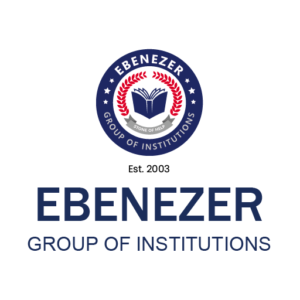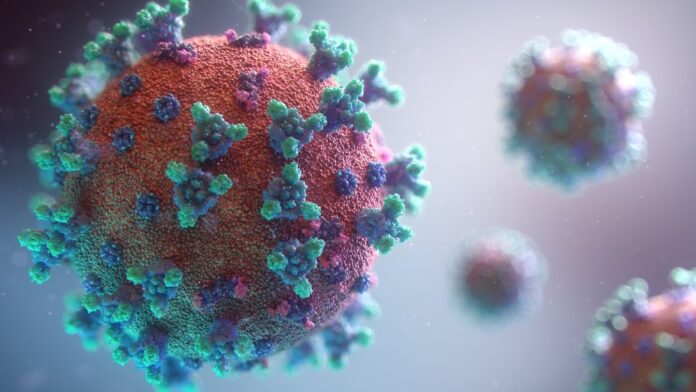The big number in the COVID-19 fight was splashed by India on July 17, when the government announced that it had administered two billion doses of vaccination against the coronavirus.
It is a humungous figure and a moment of satisfaction, if not celebration, for the government, which has been under the scanner globally for the high mortality rates in the pandemic.
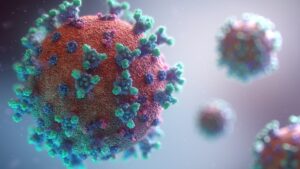
World Health Organization (WHO) demographers and epidemiologists believe that an estimated 3.2 million Indians died in the pandemic between June 2020 and July 2021, most of them during the second wave last year. They reject New Delhi’s official death toll of around 480,000.
India now appears to be better protected against the SARS-CoV-2 virus, because a huge number of Indians, a total 927 million, are vaccinated.
According to Our World In Data, which tracks the progress of the coronavirus, 75 percent of the population has received at least one jab of the two-dose vaccines used in the country, while 68 percent are fully vaccinated.

A glance at the global data will show how well India has fared on this front, compared with vaccination rates in other parts of the developing world. In low-income countries, the share is dismal, with only 21 per cent of the population getting one dose. Africa has predictably posted the slowest vaccination rate.
It was at the trade body, ironically, where the hardest battle on global public health was waged and lost; where a handful of countries proved once again that they can thwart the will of the majority.
It did not matter that the proposal moved by India and South Africa for a waiver of WTO’s stifling agreement on intellectual property rights, known as TRIPS, was backed by over a 100 member-countries.
Ultimately the proposal, first moved in October 2020, which could have saved the millions of lives — estimated between 6.3 million and 14.5 million — was stalled for 20 months and then passed in an inconsequential form in June.
Questions had surfaced about where India’s real interests lie, especially after it developed its own vaccine. While calling for waiver of intellectual property (IP) rights at WTO, it did little to set an example by sharing the knowhow for its home-grown Covaxin vaccine.
The Narendra Modi government’s refusal to license the vaccine even to its own public sector manufacturing units was particularly indefensible, because this would have allowed India to increase supplies of much-needed vaccines at home and for supply to low-income countries.
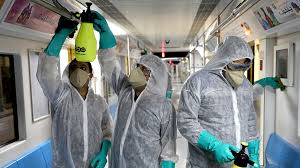
Instead, it had imposed a ban on exports of the AstraZeneca vaccine Covishield, leaving the UN-WHO vaccine sharing facility COVAX high and dry. It was only towards the tail end of November 2021 that exports were allowed to be resumed by Serum Institute of India, Astra- Zeneca’s contract manufacturer in India.
More curious was Union commerce minister Piyush Goyal’s statement at the meeting with co-sponsors of the TRIPS waiver during the June ministerial conference. While exhorting the group to hold firm and settle for nothing less than a complete waiver, Goyal was at pains to tell other developing countries that a concession on vaccines no longer made economic sense.
According to his statement, “the vaccine story is almost over” because there is over-capacity. “Today, in India, we have vaccines which are expiring, we have capacity which is idling” Therefore, investors will not be ready to fund new projects.
For good measure, he added that “Vaccines have already lost (their) relevance … it is just too late, not even a situation where you can say better late than never. There is no demand for vaccines anymore.”
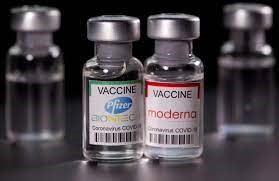
Vaccines, at heavily inflated rates too. At the latest count on July 22, 2022, Burkina Faso, Malawi, Mali, Cameroon, the Democratic Republic of Congo and Burundi among others had not managed to vaccinate even 10 per cent of their small populations. Goyal’s views are a sure way to alienate allies and break developing world solidarity.
Analysts note that New Delhi’s stand on food subsidies and agriculture policies recently annoyed the G33 group, which made its displeasure clear by excluding India from a statement it had issued in the run-up to the Geneva ministerial. It was a quick decision by India’s diplomats to accept the majority concerns of the group that helped prevent an ugly crack.
Meanwhile, another public health emergency is looming over the world with another virus outbreak. With monkeypox cases crossing 14,500 and emerging in a vast number of countries, WHO is meeting again whether to declare it a public health emergency of international concern. A worrying situation, given the experience of the COVID-19 pandemic.
This content was extracted from Edition of Down TO Earth from 1-15 August, 2022

